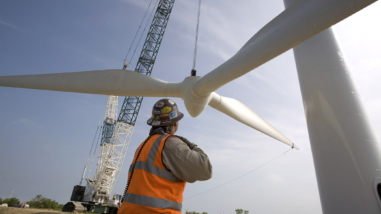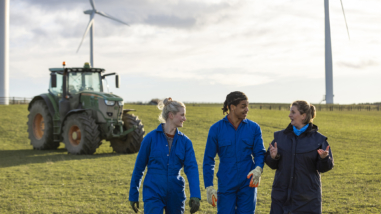Southwest Energy Efficiency Project
For The Arizona Energy Plan
-
Amount$330,000
-
Program
-
Date Awarded10/16/2006
-
Term24.0 Months
-
Type of SupportProject
Strategies
About the Grantee
Grantee Website
www.swenergy.org
Address
2334 N. Broadway, Suite A, Boulder, CO, 80304, United States
Grants to this Grantee
for the Utility Energy Efficiency Program
Energy efficiency is the most affordable option for reducing U.S. greenhouse gas emissions. The Southwest Energy Efficiency Project promotes efficiency programs in Colorado, Arizona, New Mexico, Nevada, Utah, and Wyoming. Because these six states rely heavily on coal-fired power generation, every megawatt saved results in a reduction in carbon dioxide emissions. When the Project was founded in 2001, utilities in the region spent $21 million annually on efficiency; today they spend $368 million. The organization would work to increase utility energy efficiency budgets in 2013 and 2014 by at least $50 million per year, with expected incremental savings (beyond what utilities are now achieving) of 250 GWh per year or more.
for advancing energy efficiency in the Southwest
Energy efficiency is the most affordable option for reducing U.S. greenhouse gas emissions. The Southwest Energy Efficiency Project promotes efficiency programs in six western states-Colorado, Arizona, New Mexico, Nevada, Utah, and Wyoming. Because these states rely heavily on coal-fired power generation, every megawatt saved through efficiency results in a reduction in carbon dioxide emissions. When SWEEP was founded in 2001, utilities in the region spent $21 million annually on efficiency; today they spend $245 million. From 2008 to 2009, funding for electricity efficiency investments was up 29 percent, and gas utility efficiency investments grew by 64 percent. This translates to $5 billion in consumer savings and 8.2 million tons of avoided CO2 emissions over the lifetime of the programs. In 2011, SWEEP will focus on achieving a similar scale of investment from public utilities, which lag behind private utilities.



